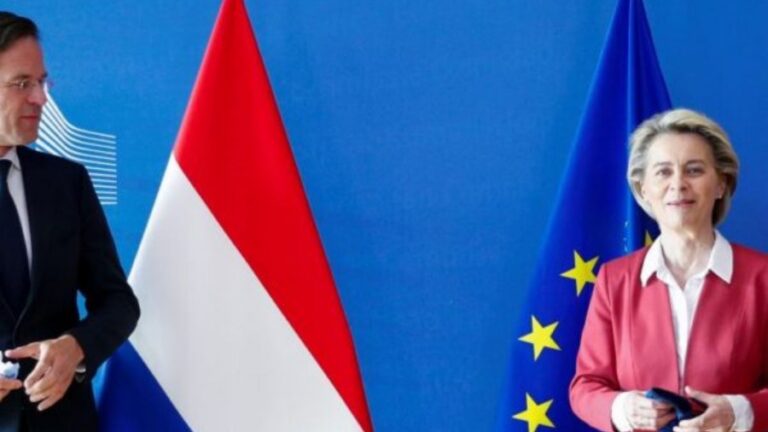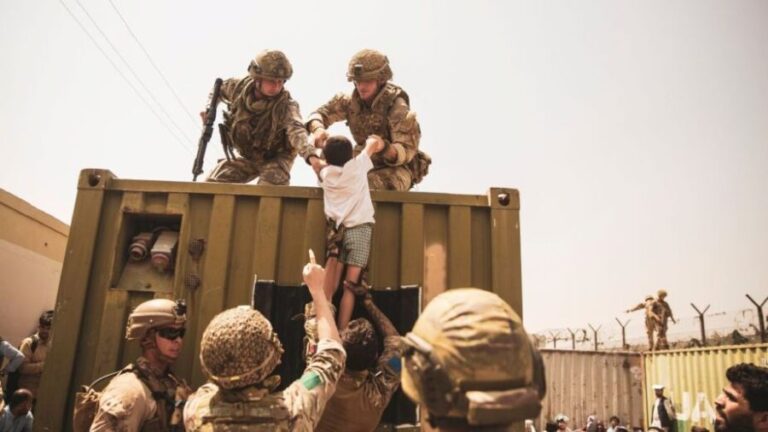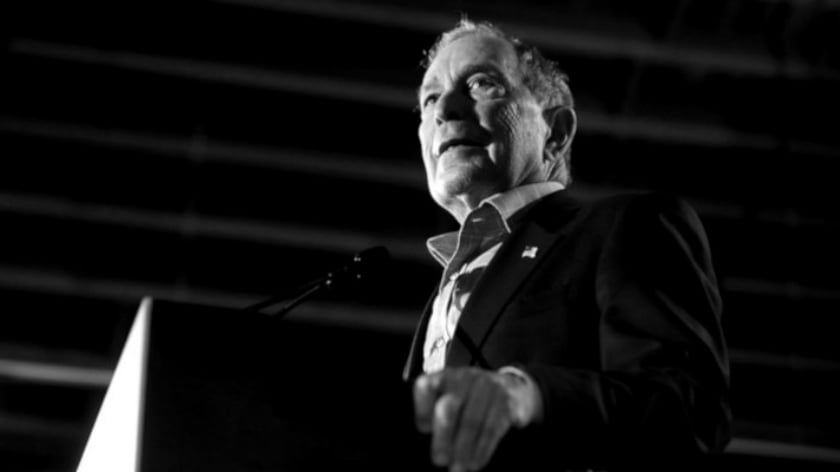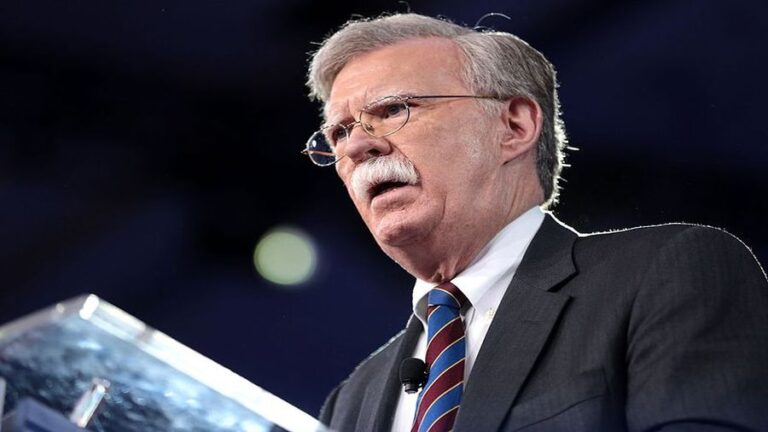Lebanon’s Tragedy and the Difficulties in Overcoming It
When Michel Aoun left office as president of Lebanon last October, many politicians assumed that finding a successor would be relatively easy, not least because none of the main political parties were interested in blocking the election of a new president. Four months later, however, no compromise solution has been found, and many wonder when and if an agreement will be reached anytime soon.
The contours of a broader agreement have already been outlined, but at this point any agreements seem to have reached a dead end. They presuppose a consensus between regional and international powers and local politicians. It is becoming increasingly clear that, given Lebanon’s severe economic crisis and Hezbollah’s regional role, the new president will have to meet a number of conditions. He must be acceptable to regional states such as Saudi Arabia and Iran, and must enjoy the trust of the United States and France.
Iran and Hezbollah, for their part, are looking for a president who will not threaten that party’s status in Lebanon, and at the same time, any new head of state must be able to show regional and international players that he will live up to their expectations. For Saudi Arabia and the Western states, this means a president who will maintain good relations with Lebanon’s Arab partners, as well as carry out much-delayed economic reform.
Some time ago, five countries – the US, France, Saudi Arabia, Qatar, and Egypt – met in Paris to outline the profile of the candidate they were looking for. Again, they stressed the need for a “consensus president” who would carry out reforms without ties to the country’s corrupt patronage networks and oligarchs. However, what does the roadmap proposed by the five mean in practical terms?
One: It means that Saudi Arabia will not invest in the Lebanese economy as long as Hezbollah operates in Yemen. Lebanese Prime Minister Najib Azmi Mikati confirmed this in an interview with Al-Jadeed TV when he spoke about what Saudi Crown Prince Mohammed bin Salman told him: “There is a party in Lebanon that is planning a plot against Saudi Arabia in Yemen … If there is any help for Lebanon, the crown prince said he is afraid that this party might benefit.”
If Saudi Arabia delays in Lebanon, it will slow down other Arab leaders, not least the emir of Qatar, Sheikh Tamim bin Hamad Al Thani, who has played an important role in trying to find an acceptable solution. It should be kept in mind that the Qatari emir can talk to all parties and act as a mediator. After taking a more active stance in the presidential elections a few weeks ago, as confirmed by Arab diplomats, he then backed down, according to Arab media reports. This happened after a phone conversation with him by Saudi Crown Prince Mohammed bin Salman Al Saud.
Interestingly, however, Hezbollah and its allies have declared their willingness to engage with the Persian Gulf countries. In an article published last November, they launched a trial balloon through their affiliated media outlet, the Al-Akhbar newspaper. In it, editor Ibrahim Amin offered a quid pro quo in which Hezbollah and its allies would elect a president, and Saudi Arabia and its local allies would elect a prime minister. Mr. Amin even named names: Suleiman Frangieh for president and Nawaf Salam, Lebanon’s former ambassador to the United Nations, for prime minister.
Although Saudi Arabia had no reason to react to the newspaper article, the message was clear. After years of trying to block the Gulf states’ strong influence in Lebanon, Hezbollah offered a compromise. If there were any doubts, a meeting was held in early February in Beirut between a representative of the Lebanese Speaker Nabih Berri, who is also the leader of Amal, and Saudi Ambassador Walid Bukhari. Mr. Berri’s representative reportedly stated that Hezbollah and Amal were seeking “normalization of relations with Saudi Arabia.” In an interview published on February 23, Naim Qassem, Hezbollah’s deputy secretary general, also confirmed that the president the party was looking for was someone who could, among other things, “normalize relations with Arab countries.” Hezbollah’s change of position may be due to the party leadership’s realization that the situation in Lebanon is so dire that the country cannot move forward without some Arab support. Nevertheless, it is clear that Riyadh will not reconsider its position on Lebanon until Iran and Hezbollah cede their positions in Yemen.
This suggests that the presidential election will remain blocked for the time being. In addition, the local aspects preventing the elections are just as complex. Hezbollah would like to see Frangieh elected, but so far he faces serious obstacles. Notably, the two main Christian parties, the Free Patriotic Movement (FPM) and the Lebanese Forces, oppose him, making it impossible for him to successfully run for president. The FPM was until recently allied with Hezbollah, while the Lebanese Forces is close to Riyadh.
Without Christian support, Frangieh (who is also a Maronite Christian, like all presidents) would have no public legitimacy, which would make his presidency difficult. Hezbollah and Amal would want to secure the votes needed in parliament to bring him to power, but it is unlikely that they would be able to do so. Moreover, the FPM and Hezbollah have informally declared invalid the agreement that linked them, signed in 2006, because FPM leader Gebran Gerge Bassil expected Hezbollah to support his candidacy.
The situation in Lebanon, meanwhile, is very volatile. Tensions are very high, and the only means to prevent a complete collapse is the army. But the army commander is raising funds to feed his soldiers. Last year, Qatar donated 60 million dollars to prevent the collapse of the armed forces, a scenario that will definitely lead to chaos. But what’s next? When that money runs out, who, if anyone, will be the next donor to pay the army’s salaries? The situation is unsustainable. Lebanon needs a proper state with functioning institutions.
The loosening of gun control in the country remains another difficult problem. The army often finds entire caches of weapons in the homes of ordinary Lebanese. Hezbollah is notoriously armed, but it is not the only armed entity in the country, and hostility toward it is growing. Various groups blame Hezbollah for the current deplorable situation. For example, the exchange rate went from 1,500 Lebanese pounds to the US dollar to 80,000 very recently.
Lebanon can either reform and create a state with functioning institutions, or face chaos. But chaos in Lebanon, which would lead to internal divisions and could lead to civil war, would be very destabilizing for the region. It could also be destabilizing for the EU. People are already risking their lives and leaving the country illegally in the hope of reaching Europe. Instability in Lebanon is not even in Israel’s interest. Although some experts argue that the best way to get rid of Hezbollah is to let the country collapse upside down, Israel does not need another Gaza on its northern border
The only way out of the stalemate for local and regional actors is to reach an agreement that takes into account all their preferences. It is possible that a comprehensive deal could eventually be worked out. But for now, even if negotiations are taking place behind the scenes, a positive outcome remains elusive unless one side makes a serious concession. Today, however, neither side is willing to concede, which means that the political crisis in Lebanon will continue, and no one knows when or how it will end…







